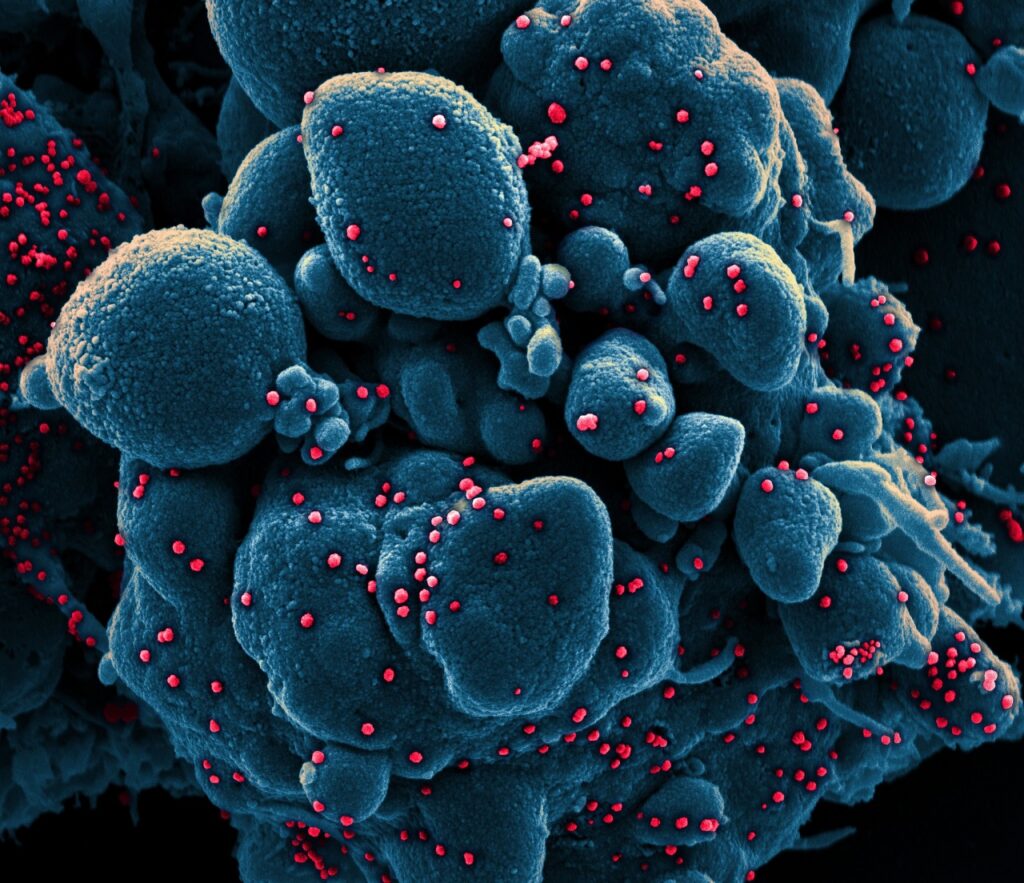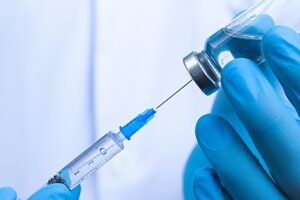Gritstone bio and the Coalition for Epidemic Preparedness Innovations (CEPI) have signed a funding agreement to advance the development of the former’s second-generation Covid-19 vaccine programme (CORAL) against SARS-CoV-2 variants.

Gritstone signs funding deal with CEPI to advance second-generation Covid-19 vaccine programme against SARS-CoV-2 variants. Credit: NIAID.
Subscribe to our email newsletter
Gritstone bio and the Coalition for Epidemic Preparedness Innovations (CEPI) have signed a funding agreement to advance the development of the former’s second-generation Covid-19 vaccine programme (CORAL) against SARS-CoV-2 variants.
Under the deal, Gritstone bio will secure up to $20.6m funding which will support a Phase I clinical study evaluating the programme’s self-amplifying mRNA (SAM) vaccine in convalescent, and HIV positive patients.
The SAM vaccines use the body’s own machinery to make antigenic protein rather than injecting the antigen into the body.
The funding will also support pre-clinical studies, formulation development for more stable drug product, to manufacture clinical trial materials and optimising manufacturing processes.
It forms part of CEPI’s programme to develop next-generation Covid-19 vaccines that can be used against SARS-CoV-2 variants.
The Phase I study will evaluate two different constructs of Gritstone’s SAM vaccine, which is designed to deliver a broad set of antigens providing the potential for deep, broad, and durable immunity against SARS-CoV-2 variants.
Gritstone co-founder, president and CEO Andrew Allen said: “Our unique approach combines our self-amplifying mRNA platform with a broad set of viral antigens beyond spike intended to drive robust and durable immune responses comprising both neutralising antibodies and CD8+ T cells.
“With this unique antigenic breadth, our CORAL vaccine may offer protection against emerging spike variants of SARS-CoV-2 that appear challenging for first generation vaccines.”
The company stated that the trial is expected to launch by the end of this year.
Together with its Phase I study, four different vaccine candidates will be evaluated for young individuals, the elderly, the previously vaccinated, and patients with compromised immune systems.
 Advertise With UsAdvertise on our extensive network of industry websites and newsletters.
Advertise With UsAdvertise on our extensive network of industry websites and newsletters.
 Get the PBR newsletterSign up to our free email to get all the latest PBR
news.
Get the PBR newsletterSign up to our free email to get all the latest PBR
news.

